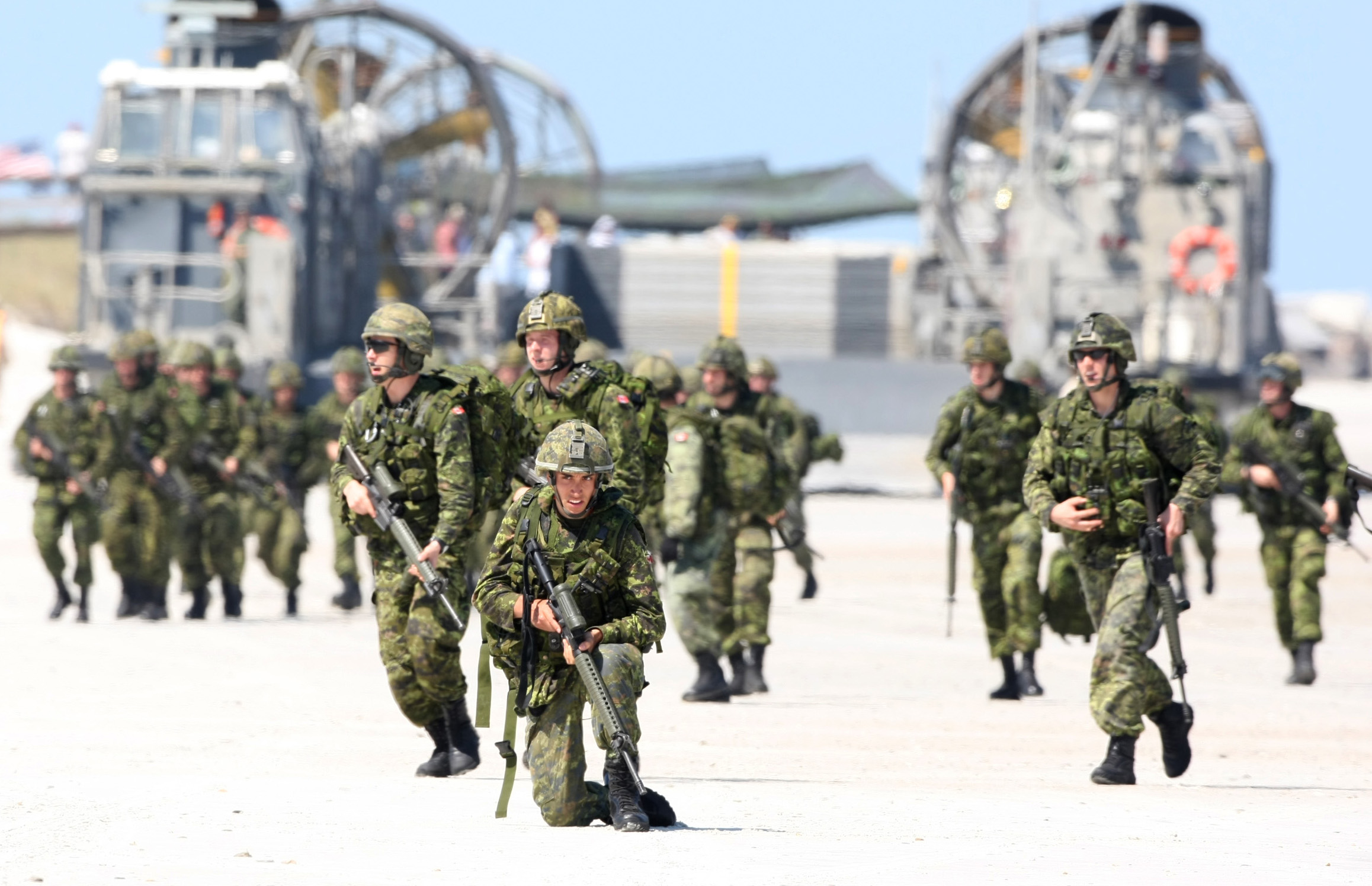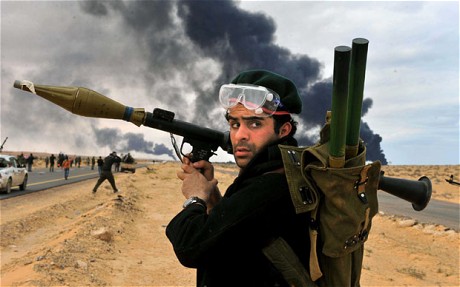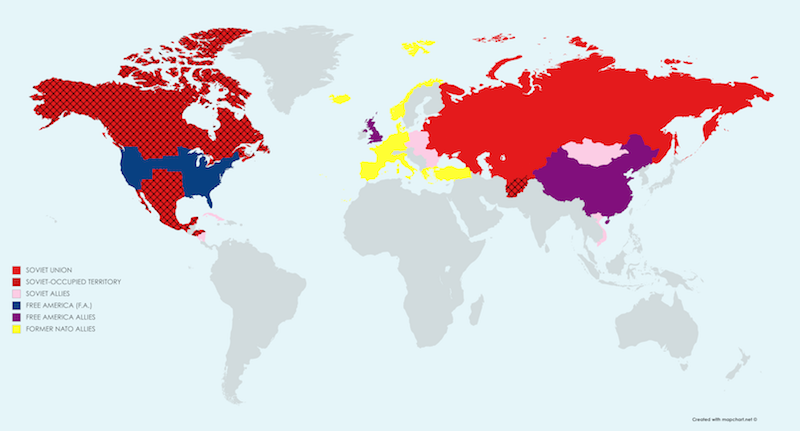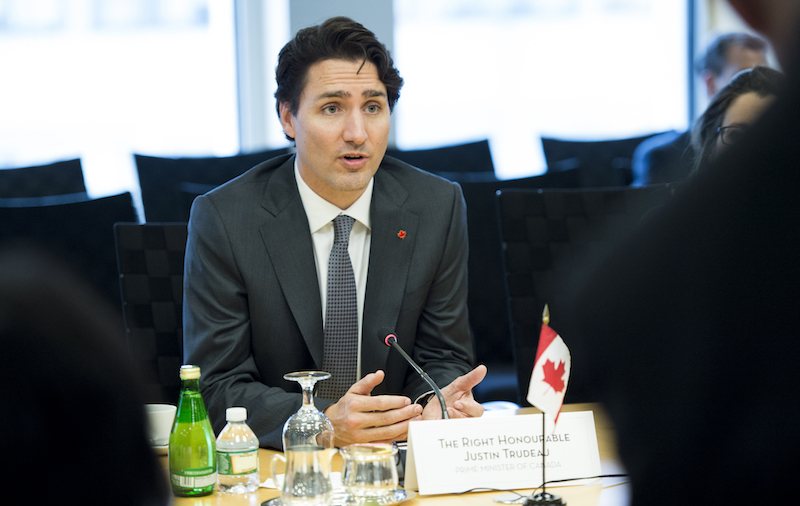Stephen Harper recently announced that Canada will be contributing Canadian Armed Forces (CAF) personnel to a NATO command centre being set up in Szczecin, Poland as a defence against further Russian aggression in the region. Minister of Defence Jason Kenney also stated that he is considering contributing soldiers to the recently enhanced NATO reaction force. This reaction force includes a “spearhead force” which consists of a land brigade of 5,000 troops with appropriate air, maritime, and special forces, that have the ability to rapidly deploy within 48 hours to make the Alliance’s presence felt in a crisis zone. He was quoted as saying “We see an ongoing need and role for Canada to play. We are the only NATO member that does not have a permanent troop presence in Europe.”
NATO believes that each of its 28 members should spend the equivalent of 2% of its GDP on defence. In 2013 Canada spent 1% of its GDP on defence and ranked 20 out of 28 in NATO on defence spending. While this number may seem low, the quality of Canada’s contribution to NATO has been high. In the last couple years Canada has been involved in more missions around the world than most of its NATO counterparts. From Iraq, to the Baltics, to Ukraine, Canada has been showing its commitment to NATO and its allies both politically and militarily. This shows that while Canada might not spend as much of its GDP on defence, it is efficient in its spending and still has the ability to strategically deploy itstroops around the world.
Joint Task Force Iraq
Other than the U.S., Canada has done more than any other of its NATO counterparts in the fight against the Islamic State. It sent six CF-18 hornet fighter aircraft, one CC-15OT Polaris aerial refueler, two CP-140 Aurora surveillance aircraft, and around 600 CAF personnel as part of Joint Task Force Iraq. Canada is also the only NATO country other than the US to have committed fighter jets to the air war in Syria. It also sent around 70 Special Forces members to advise and train local Kurdish fighters. And unlike their U.S. counterparts in Iraq, these Canadian advisors accompany the Kurds to the front lines and also call in airstrikes.
Operation Reassurance
Between September and December 2014, Canada sent four CF-18 Hornets along with 135 military personnel to join the NATO Baltic Air policing mission in response to Russian aggression in the region. Canada also sent six CF-18 Hornets and 200 personnel to the Air Task Force Romania, which conducted interoperability training with NATO allies. At sea, Canada sent the HMCS Fredericton to join the Standing NATO Maritime Group 2, which was tasked with patrolling the Mediterranean Sea, and later sent it to Operation Dynamic Mongoose, an Anti-Submarine Warfare training exercise off the coast of Norway.
Canada has sent 200 soldiers to Ukraine in a two year non combat mission to help train the Ukrainian Army. It has also committed to giving Ukraine $578 million in loan guarantees, humanitarian aid, and non-lethal military equipment such as sleeping bags, tents, helmets, vests, communication gear, and night vision goggles. This is in addition to the 200 Canadian soldiers currently based in Northwestern Poland who have come from a training mission in Romania with NATO allies.
While Canada might receive criticism for not meeting the NATO goals of 2% defence spending, it is clear that for a country with a modest standing Army of some 60,000 it has done more militarily in these regions than any of its NATO allies, other than the US. It has proven that it is committed to the Alliance and is willing to send its soldiers and personnel to conflict areas around the world in support of NATO missions.






